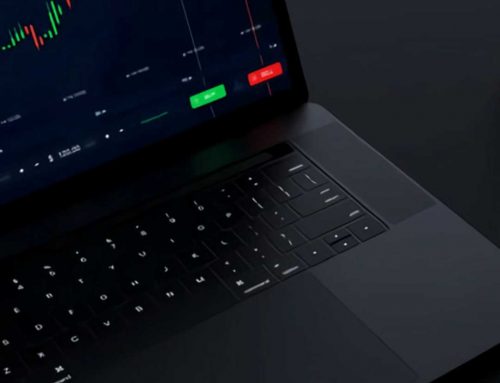What Does OTC (Over-The-Counter) Mean?
The Short Explanation:
OTC trading or Over-The-Counter trading, or off-exchange trading is done directly between two parties, outside an exchange. The OTC Market is decentralised, where people trades happen directly between the participants. This means the trades are not supervised by an exchange. The safest way for a retail investor to buy OTC stocks is through a reputable broker.
The OTC (over-the-counter) market is a type of financial market that operates outside of traditional stock exchanges. In the OTC market, securities are traded through a network of dealers or market makers, rather than through a central exchange. This means that there is no central location where buyers and sellers can meet to trade securities. Instead, trades are conducted through a network of dealers and market makers who act as intermediaries between buyers and sellers.
The OTC market includes a variety of financial instruments, such as stocks, bonds, currencies, and derivatives, that are not listed on a traditional exchange. These instruments may be more difficult to trade because they do not meet the listing requirements of a formal exchange, or because there is not enough liquidity in the market to support trading on an exchange.
OTC trading is typically more flexible and less regulated than exchange-traded trading, and it can offer investors access to a wider range of financial instruments. However, it can also be more risky, as OTC markets may be less transparent and more prone to price manipulation. As a result, it is important for investors to carefully consider the risks and potential rewards of OTC trading before making any investment decisions.




